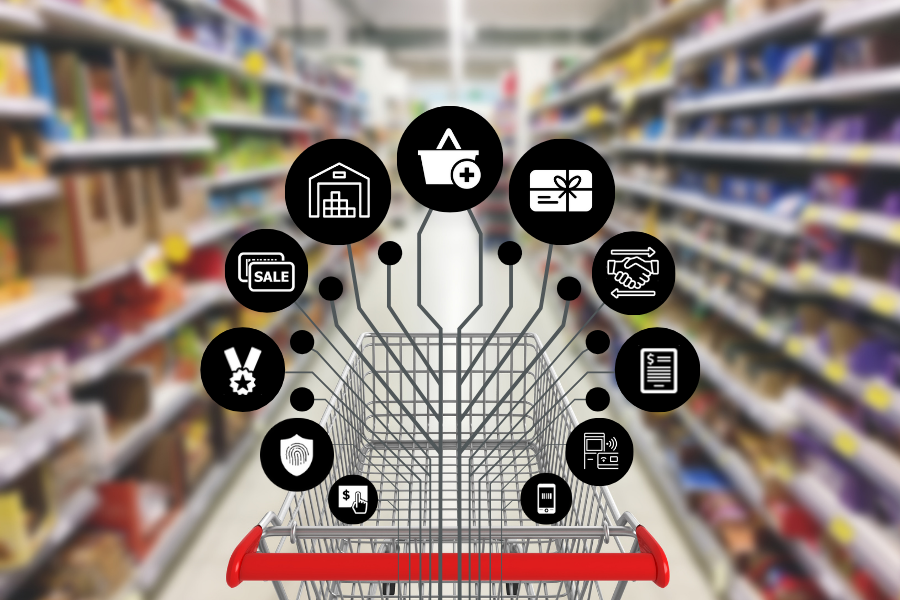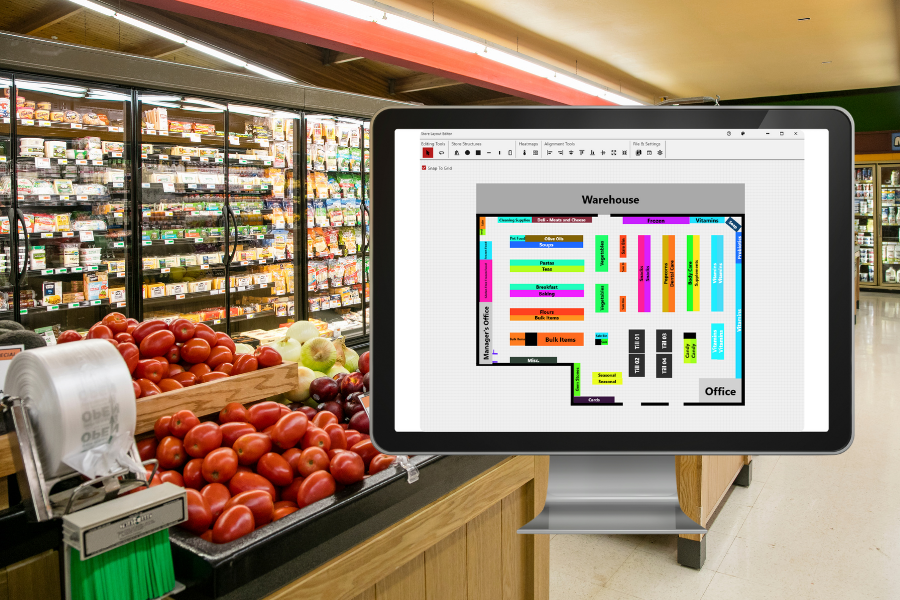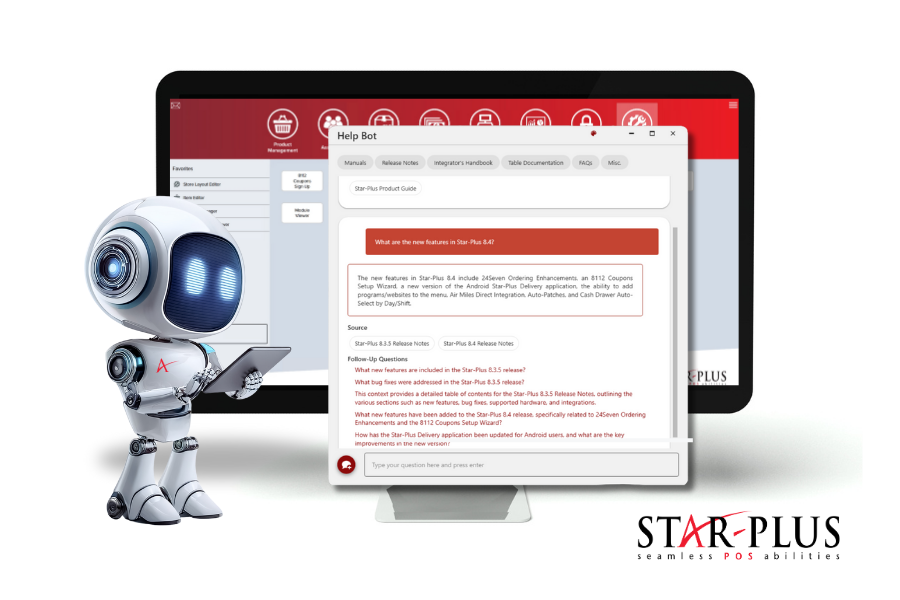In the fast-paced world of retail, securing point of sale (POS) systems is crucial to protect sensitive data and ensure smooth business operations. Traditionally, user authentication has been handled by passwords, but passwords as a technology have become increasingly problematic. Chances are, many of your existing devices and services have evolved beyond offering only password authentication, and it’s time your point of sale did as well. In this I plan to cover the best option for retailers today: the integration of biometric login systems—specifically fingerprint authentication—into retail POS systems.
Biometric technology offers a significant upgrade over conventional passwords by adding an extra layer of security and improving operational efficiency. With the rise in both cybercrime and fraud, especially in industries that handle sensitive customer information, like pharmacies, using biometrics for POS login is no longer just an option—it’s a necessity.
The Limitations of Password-Based Logins
Traditional password-based logins, while widely used, come with inherent weaknesses. Human error is one of the primary risks associated with passwords. Employees often use weak, easily guessed passwords or share them with others, compromising system security. Furthermore, passwords can be forgotten, requiring password reset procedures that consume valuable time and resources.
In retail environments where speed and efficiency are crucial, repeated login attempts or password resets can slow down transactions and reduce customer satisfaction. Worse, if passwords are written down or stored insecurely, they can be stolen, making it easy for cybercriminals to access POS systems and sensitive data.
One problem with passwords is that, as computing power has gone UP, the time to crack passwords has gone down. In my experience as a cyber-security teacher, one of the labs we do is to crack passwords for Microsoft Windows, and students are consistently shocked by how quickly these passwords are cracked using current technology – often under 1 minute for non-complex passwords that are 8 characters or less. The following table illustrates this problem.

Source: Caltech (https://www.imss.caltech.edu/services/security/recommendations/passwords/password-table)
Having to use even longer, more random, and more secure passwords is ultimately a good thing, but creates problems for login times and the chance of an entry error. Fortunately, a better way exists.
The Benefits of Biometric Fingerprint Logins
Biometric technology, particularly fingerprint authentication, offers several advantages over traditional password-based systems, making it an ideal solution for retail POS security.
- Enhanced Security: Fingerprint authentication provides a level of security that passwords cannot match. Because each person’s fingerprint is unique, biometric logins eliminate the risks associated with password sharing or theft. In retail environments like pharmacies, where customer data—including payment details and personal health information—is stored and processed, the ability to control access through biometrics is invaluable. Even if someone gains unauthorized physical access to the POS system, they would still be unable to log in without the correct biometric data.
- Increased Convenience: Biometrics provide a more convenient login method for employees. Logging into the POS system with a fingerprint is faster than typing a password, especially in high-traffic environments where every second counts. Employees no longer need to remember complex passwords or waste time resetting them. This streamlined process improves efficiency at the checkout counter, helping to reduce customer wait times and improve overall service.
- Reduced Fraud and Accountability: In retail, fraud can be a major concern. With password-based logins, it’s often difficult to know which employee logged into the system during unauthorized transactions or system access. Biometric logins, however, leave a clear audit trail, as only authorized individuals can access the system using their fingerprint. This added accountability helps to reduce internal fraud and makes it easier for management to track system access in case of a security breach. As I often tell the computer science students I teach, “You may be able to steal my password, but it’s almost impossible to steal my finger.”
- Compliance with Security Standards: As regulations surrounding data privacy and security continue to tighten, businesses must ensure their POS systems are compliant with industry standards, such as the Payment Card Industry Data Security Standard (PCI DSS). Implementing biometric authentication can help businesses meet these standards by providing a secure method of controlling system access and protecting sensitive customer information.
A Future-Proof Solution
As threats continue to evolve, so must the tools used to combat them. Biometrics offer a future-proof solution to POS security challenges, as they are inherently more difficult to bypass than passwords or PINs. Fingerprint authentication ensures that only authorized employees can access the POS system, even if other security measures are compromised.
For retail businesses, particularly those in industries where sensitive customer data is handled, investing in a POS system, like Auto-Star’s Star-Plus point of sale, which supports biometric logins is a smart choice. Not only does it enhance security and reduce fraud, but it also improves login speed, operational efficiency and ensures compliance with industry standards.
In the ever-changing landscape of retail, biometric fingerprint logins are more than just a trend—they are a critical part of a secure, efficient, and future-ready point of sale system.












